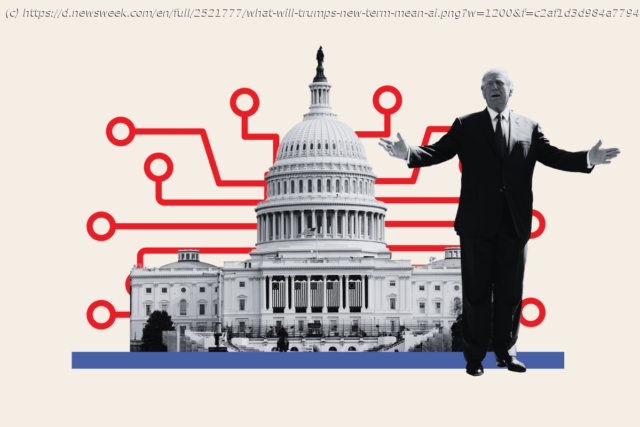Experts suggest Trump’s promised rollback of federal AI regulations may have limited impact due to state laws and industry innovation.
Donald Trump’s return to office has raised questions over potential changes to artificial intelligence policy in the United States.
The president-elect has promised to dismantle incumbent President Joe Biden’s landmark AI executive order and to establish a Department of Government Efficiency, nicknamed DOGE, led by Elon Musk.
Experts suggest that state-level regulations and the drive for AI innovation will likely continue regardless of federal oversight changes, though concerns remain about balancing technological advancement with safety and ethical standards.
Here, experts share their thoughts on how the AI industry might be affected by Trump’s second term.Where Does AI Policy Currently Stand?
The U.S. government’s current AI policy attempts to balance innovation with safety, security and ethical standards through several key initiatives, including the U.S. Artificial Intelligence Safety Institute Consortium (AISIC) established in February 2024 and the executive order on AI that Biden signed into law in October 2023.
Titled «Safe, Secure, and Trustworthy Development and Use of Artificial Intelligence», the order outlined measures to govern AI development and deployment. It mandated federal agencies to establish standards for AI safety and security, protect privacy and promote equity. It also required the creation of a chief artificial intelligence officer position within major federal agencies to oversee AI-related activities.
Before this order came along, the «Blueprint for an AI Bill of Rights» was released by the White House Office of Science and Technology Policy (OSTP) in October 2022. It proposed five principles to protect the public from harmful or discriminatory automated systems.
These principles include ensuring safe and effective systems, protecting against algorithmic discrimination, safeguarding data privacy, providing notice and explanation, and offering human alternatives and fallback options. Much of this was incorporated into the executive order, which Trump has already promised to repeal when he gets back into office.
«In some sense, the status quo for AI regulation is that there is none. Essentially, the goal of the [executive] order and the AI Safety Institute was to cultivate a conversation at the federal level around what does safe AI mean? What does trustworthy AI mean?» Dr. Jason Corso, professor of robotics and electrical engineering and computer science at the University of Michigan, told Newsweek.






